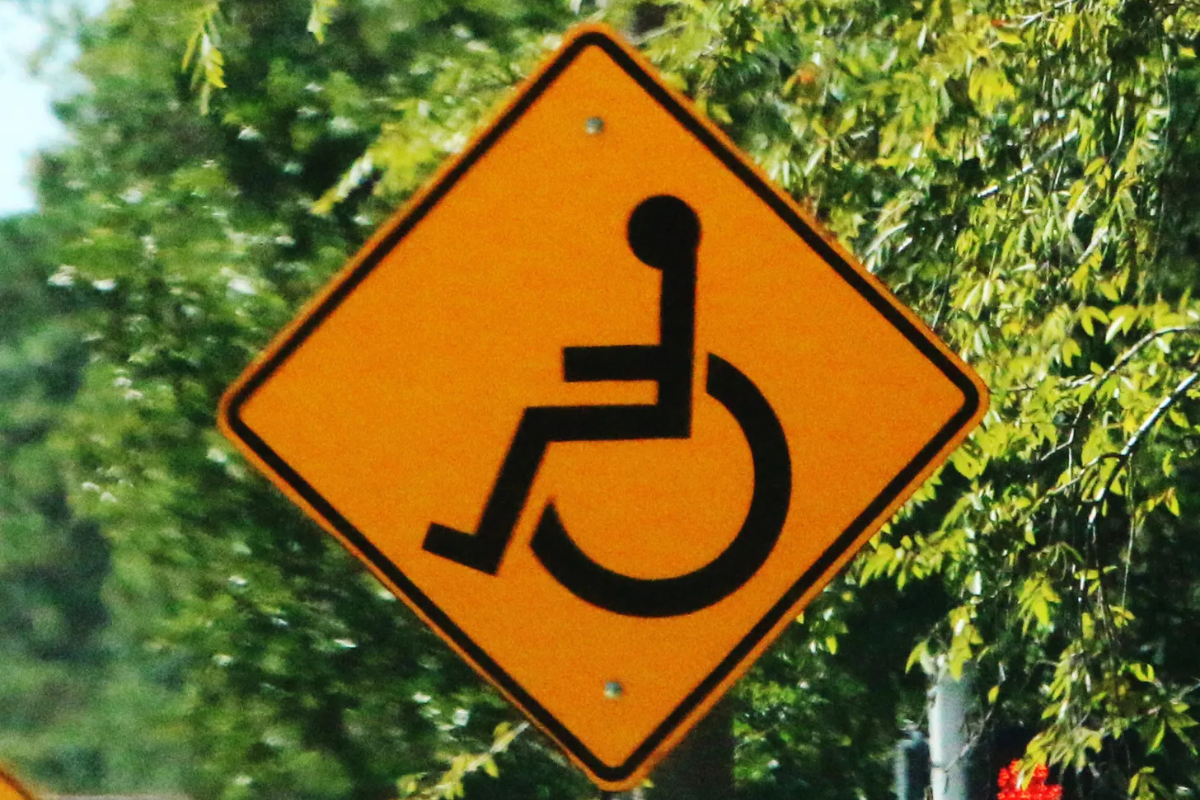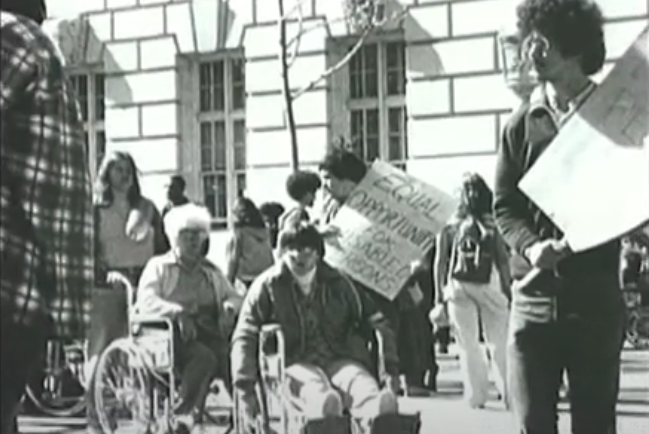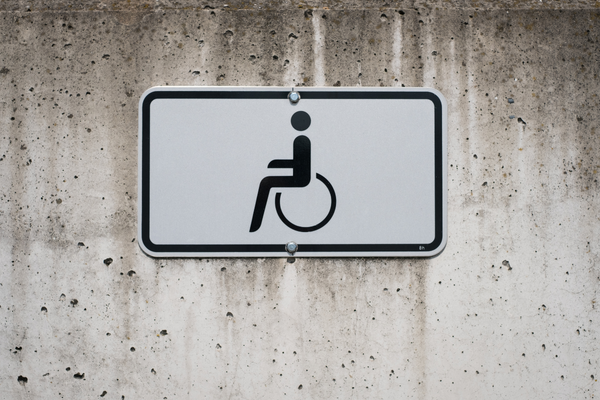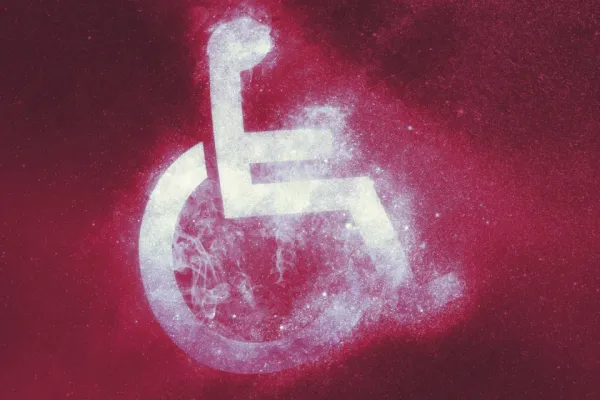4/2/25 - Current dangers, past bipartisanship, and a rare win


It's still all about disability advocacy today, but from some slightly different perspectives.
Proposed Cuts to Medicaid and Social Services Target Our Community — Here’s What We Can Do
Tim Gilmer, New Mobility - March 17, 2025
"Since the age of 20 I have navigated my life in a wheelchair. In the years immediately following my paralysis from a plane crash, I depended on Social Security Supplemental Income and food stamps. During that time, with help from my employed wife-to-be and funds from a self-designed Social Security Plan of Self Support, I managed to earn a master’s degree while simultaneously working for minimum wage in a library, a campus graphic arts department, and eventually as a graduate teaching assistant. Since then, I’ve had teaching, small-scale farming and writing/editing careers. Now, at 80 years old, I’m still working part-time as an independent contractor, after having written articles and columns the last 25 years about adults with spinal cord injuries and the challenges we face. If I had not had the support of these vital government programs at a critical time, I would not have been able to live a modest but fulfilling life."
It's important for disability publications like New Mobility, that aren't 100% about politics and activism all the time, to address what's going on in Washington DC right now. An article like this has the potential to reach disabled people who aren't ardent advocates, some of whom may even have political opinions and identities that lead them to support what Trump, Musk, and RFK Jr. are doing – at least on the surface. This piece is also a good summary of all the threats to disability programs and policies that are currently in play. And it provides a helpful model for the kind of personal storytelling from disabled people that is at least part of current efforts to push back.
The ADA Is Turning 35—And It’s in Trump’s Crosshairs
Julia Metraux, Mother Jones - March 24, 2025
"On the Senate side, it was extremely bipartisan. You started with [Kansas Sen.] Bob Dole, who was majority leader at the time, and then you had Orrin Hatch, a Republican from Utah, a Mormon—he said to me at one point, “The Mormon church feels that you’re a child of God, and we support the disability community.” He was a conservative Republican, and then we had Dole—a moderate, but the leader of the Senate—and then Ted Kennedy, who had several family members with different disabilities, and was sort of the spiritual leader of the Senate; that made it really strong for Democrats. We had [Iowa Sen.] Tom Harkin, whose brother had a disability. So the four of them were a great bipartisan group, and three of them had personal relationships with disabilities."
It's easy to over-romanticize how "bipartisan" U.S. disability policy once was. The Americans with Disabilities Act did pass with both Democratic and Republican votes, and was signed into law by a Republican President who seems to have been genuinely proud to do it. But most of the opposition was still Republican. And the bipartisanship of disability politics in the '80s and '90s seems now like it may have been a bit of a fluke – as Rep. Tony Coelho describes in this article, largely a result of a handful of Republican and Democratic politicians who had compelling personal reasons to be supportive of disabled people. But there is still good reason to admire that era of at least modest cooperation and consensus on a basic framework of disability rights. And it's all the more reason for us to protect their accomplishments from the current highly ideological attacks.
New bill passes requiring Georgia workers with disabilities to be paid minimum wage
By Miles Montgomery and WSB Radio News Staff, 95.5 WSB Atlanta's News & Talk - March 18, 2025
Source: Rebecca Cokley on LinkedIn
"A new bill has passed in Georgia on Tuesday which will require people who have intellectual and developmental disabilities to be paid minimum wage after receiving final approval by the Georgia house. The new law applies to eight organizations that have a federal waiver to pay workers less money, according to Georgia officials."
Georgia will join 16 other U.S. states that have eliminated or are phasing out the practice of paying some disabled workers less than minimum wage. It will be interesting to see whether this positive trend will continue, even as the rest of disabled peoples' rights and supports are under siege. Will the progress on this issue end for awhile due to the rightward turn in national politics? Or, will it continue to gain momentum in other states where the climate is a bit more friendly – maybe making modest progress under the radar?

Action Alerts
Opportunities to take action on disability issues ...



Disability Thinking Weekday is a Monday-Friday newsletter with links and commentary on disability-related articles and other content. Please like, share, comment, and subscribe — for free, or with a paid subscription. A free subscription brings a newsletter to your email each weekday, and gives you access to Comments. Benefits of paid subscription include:
- A monthly recap with links to all of the previous month's shared articles, organized by topic.
- Listing as a supporter, and a link to your website if you have one.
- You can recommend one disability-related article for me to share per month in a weekday post.
To to subscribe, or check and change the status of your subscription, click this button:
I am so grateful for your help and engagement, in whichever forms you choose!






